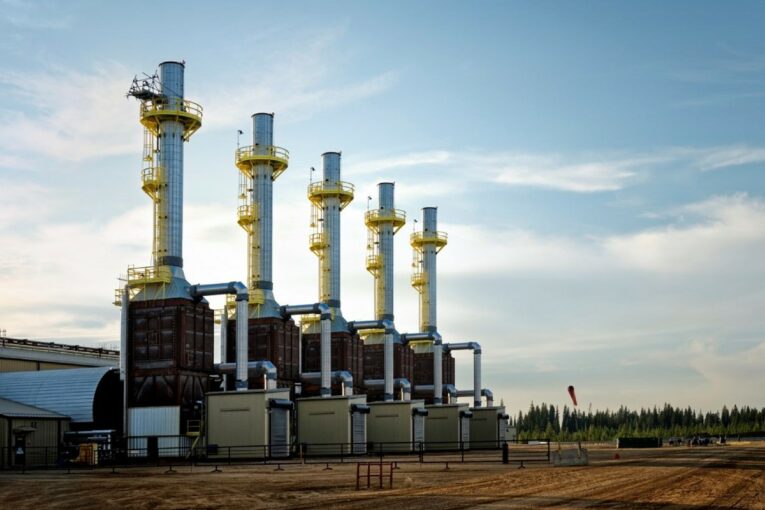
CALGARY — Canada’s largest oilsands companies have formed a new advocacy group they say will help to advance the sustainable development and operation of their industry.
The Oil Sands Alliance was established Jan. 1, with membership consisting of oilsands producers Suncor Energy Inc., Cenovus Energy Inc., Imperial Energy Ltd., Canadian Natural Resources Ltd. and ConocoPhillips.
It is not clear whether the new organization will be involved in political lobbying or how exactly it will be structured.
Al Reid, director of the Oil Sands Pathways to Net Zero alliance — which, along with other already existing groups like the Oil Sands Community Alliance (OSCA), Canada’s Oil Sands Innovation Alliance (COSIA), and the Regional Oil Sands Operating Alliance, will be overseen by the new organization — said more details will be released soon.
However, he said all of the companies involved in the new Oil Sands Alliance will remain active members of the Canadian Association of Petroleum Producers, the broader industry organization that is the country’s largest oil and gas lobby group.
While CAPP will continue to have the broader mandate for oil and gas advocacy for Canada’s oil and gas producers, the new Oil Sands Alliance will “lead the work related to the oilsands.”
“As Canada’s largest oil resource, the oilsands have challenges and opportunities that are unique within the broader oil and natural gas industry,” Reid said in an emailed statement. “We know this requires a level of concentration and work that requires the specialized focus of our own industry group.”
Reid described the level of collaboration between oilsands producers right now as “unprecedented.” Through the Oil Sands Pathways to Net Zero initiative — announced last year by the same companies that make up the new Oil Sands Alliance (as well as MEG Energy Inc., which is not involved in the new group) — major industry players have publicly pledged to work together to reach the goal of net-zero greenhouse gas emissions by 2050.
The industry’s vision of getting to that goal is anchored by a proposed major carbon capture, utilization and storage (CCUS) transportation line that would capture CO2 from oilsands facilities and transport it to a storage facility near Cold Lake, Alta.
CCUS is a technology that captures greenhouse gas emissions from industrial sources and stores them deep in the ground to prevent them from being released into the atmosphere.
Proponents say vastly scaling up CCUS across the oil and gas industry will be necessary if Canada is to have a shot at meeting its climate targets. The federal government has proposed a tax credit for CCUS projects, and oilsands producers have been in talks with Ottawa over the details of that credit.
In December, Cenovus chief executive Alex Pourbaix said on a conference call with analysts and reporters that CCUS is not, at this point, an economic technology on its own and that any wide-scale adoption by industry will require “significant government support.”
In an interview Friday, Greenpeace Canada senior energy strategist Keith Stewart said it’s clear that oilsands players have gone all-in on “net zero” and the creation of the new advocacy group is likely aimed at helping to advance that messaging and securing government support for carbon capture projects.
But Stewart said the problem with the term “net zero” is that the companies are talking about reducing net emissions from their operations, not curbing their overall production of fossil fuels.
“I don’t think anyone should be confused by this particular coat of green paint,” Stewart said of the newly formed industry group, “until they actually change their business plan to align with getting off fossil fuels in the coming decades.”
This report by The Canadian Press was first published Jan. 14, 2022.
Companies in this story: (TSX:SU, TSX:CVE, TSX:CNQ, TSX:IMO)
Share This:
You can read more of the news on source



